Tiller machines, also known as cultivators or tillage machines, are agricultural tools that have gained popularity worldwide due to their efficient and sustainable farming practices. These machines are specifically designed for small-scale farming, such as in urban and peri-urban areas, where limited land and resources require precise and effective tillage operations. In this article, we will discuss the international development and application of tiller machines.
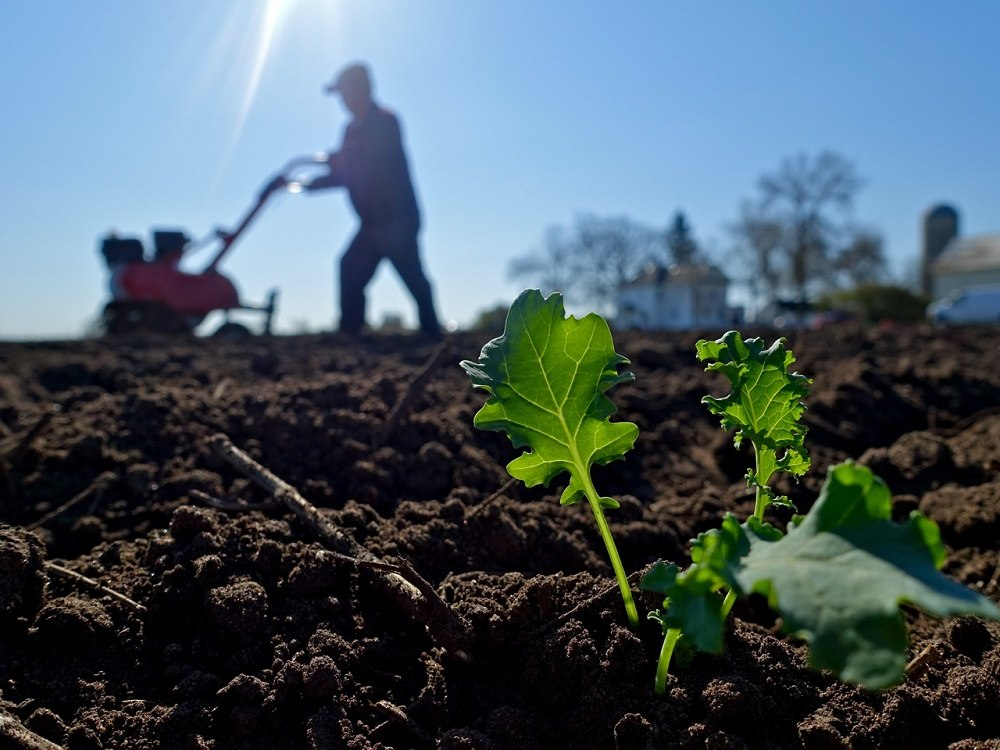
The international development of tiller machines has been steadily increasing in recent years. With the growing demand for sustainable agricultural practices, these machines have become essential tools for small-scale farmers in many countries. In developed countries, tiller machines are widely used in urban and peri-urban farming, community-supported agriculture (CSA), and organic farming. These machines are also utilized in developing countries, where small-scale farmers rely on them for their livelihoods.
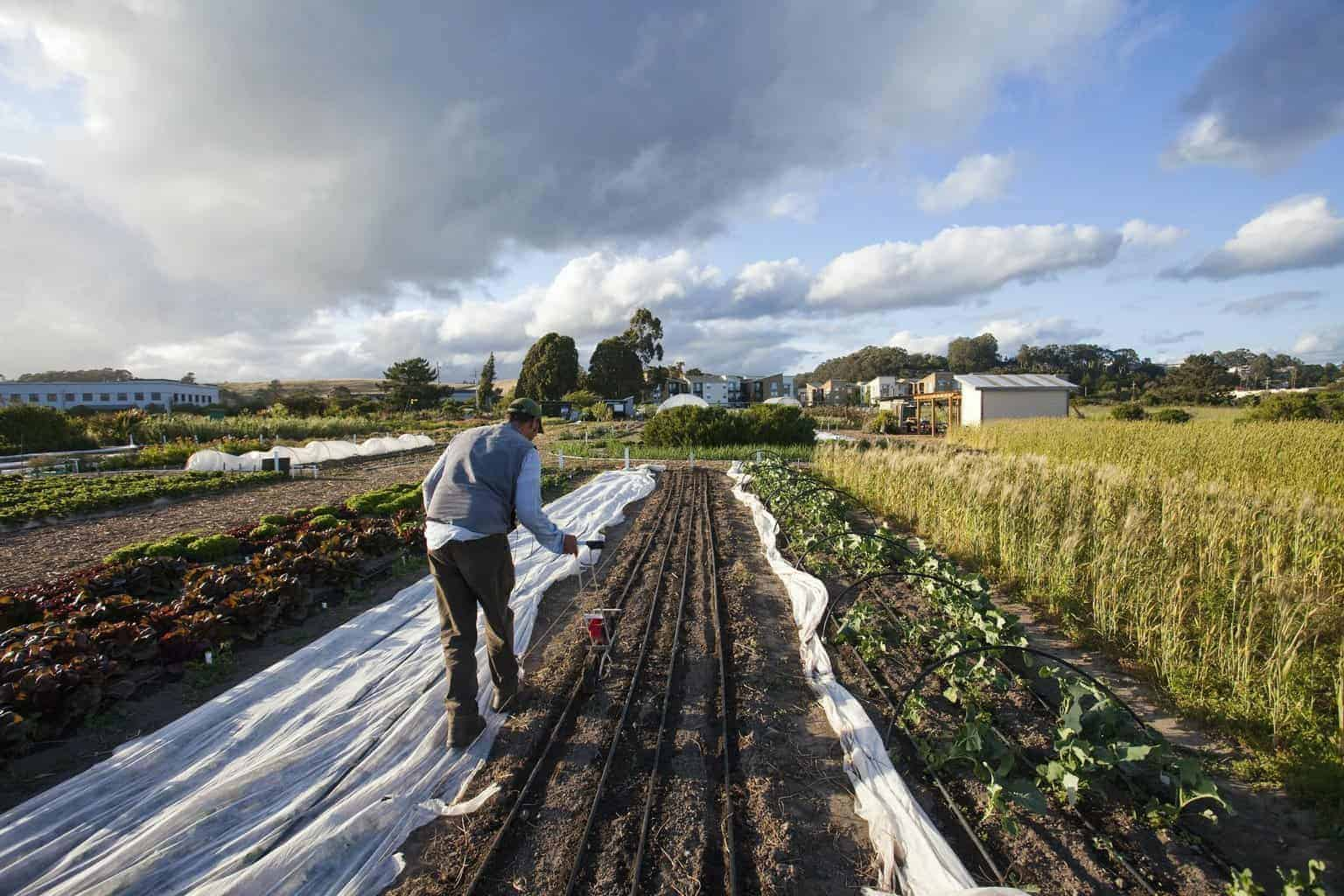
One of the key factors driving the international development of tiller machines is their potential to improve soil health and productivity. Tiller machines are designed to minimize soil disturbance and compaction, which helps to maintain soil structure, reduce erosion, and enhance nutrient cycling. These machines often incorporate advanced technologies, such as precision depth control, which allows farmers to till the soil to the desired depth without causing unnecessary damage. By promoting sustainable soil management practices, tiller machines contribute to long-term agricultural sustainability, making them an attractive option for farmers around the world.
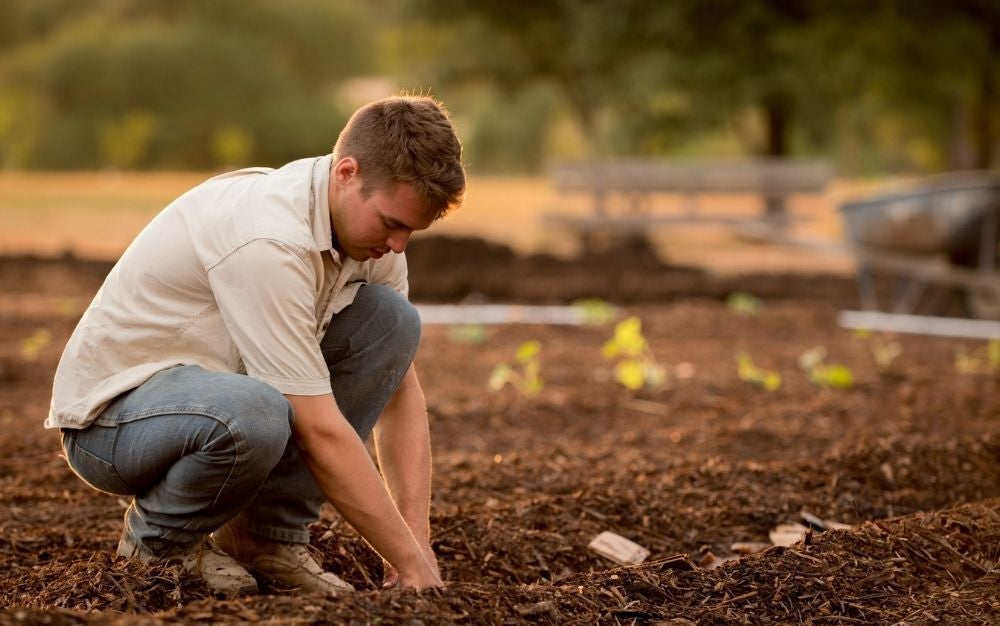
Another factor contributing to the international development of tiller machines is their versatility and adaptability to different farming systems and crops. These machines come in various sizes and configurations, including rotary tillers, cultivators, and seeders, which can be easily adjusted to suit different soil types, field sizes, and cropping systems. This versatility allows farmers to use tiller machines for a wide range of farming operations, such as seedbed preparation, weed control, and seed sowing. Moreover, tiller machines can be used in diverse cropping systems, such as vegetable production, fruit orchards, and field crops, making them a flexible tool for farmers in different regions of the world.
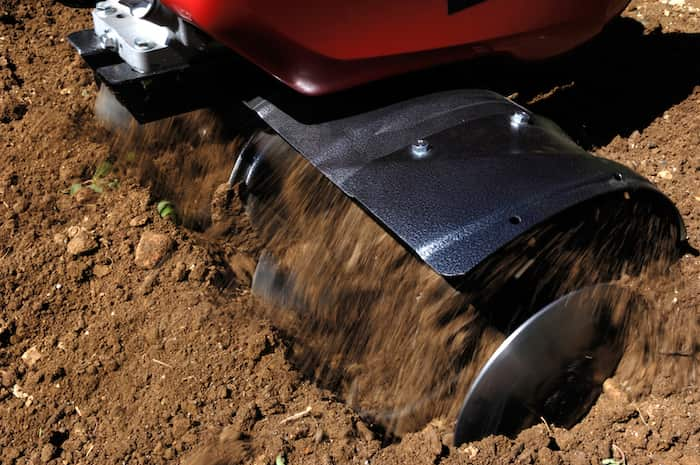
The application of tiller machines in different countries varies depending on the local farming practices, agricultural policies, and economic conditions. In developed countries, tiller machines are commonly used in urban and peri-urban farming, where small-scale farmers cultivate small plots of land for local markets or community-supported agriculture (CSA). These machines are also popular in organic farming, as they help to reduce reliance on chemical inputs and promote sustainable soil and crop management practices. In developing countries, tiller machines are used by small-scale farmers for subsistence farming and income generation. These machines are often operated by hand or with simple animal traction, and they play a crucial role in improving food security and livelihoods for rural communities.
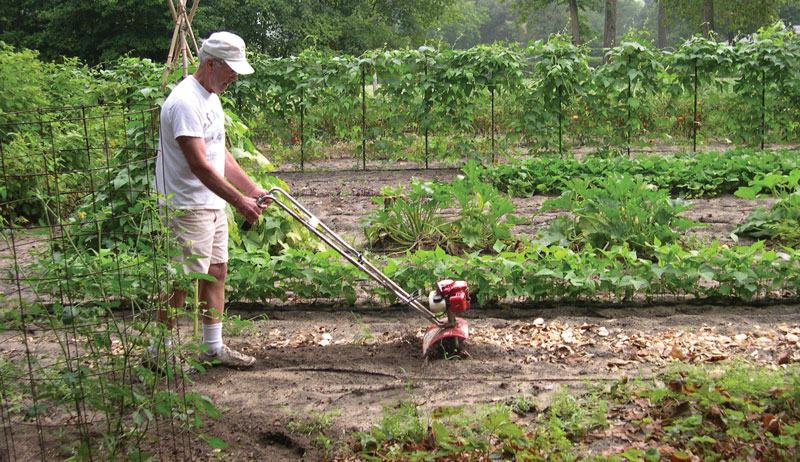
Despite the many benefits of tiller machines, there are also challenges and limitations to their international development and application. One challenge is the affordability and accessibility of these machines for small-scale farmers, especially in developing countries. Tiller machines can be relatively expensive, and their availability and affordability depend on local markets, distribution networks, and government policies. In addition, the technical capacity and knowledge required for operating and maintaining tiller machines may be limited in some regions, which can hinder their widespread adoption.
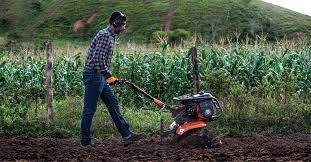
In conclusion, tiller machines have gained international recognition as efficient and sustainable tools for small-scale farming. Their development and application have been driven by the need for sustainable agricultural practices, the potential to improve soil health and productivity, and their versatility and adaptability to different farming systems. While challenges exist, tiller machines have the potential to contribute to long-term agricultural sustainability, improve food security, and enhance livelihoods for small-scale farmers.


